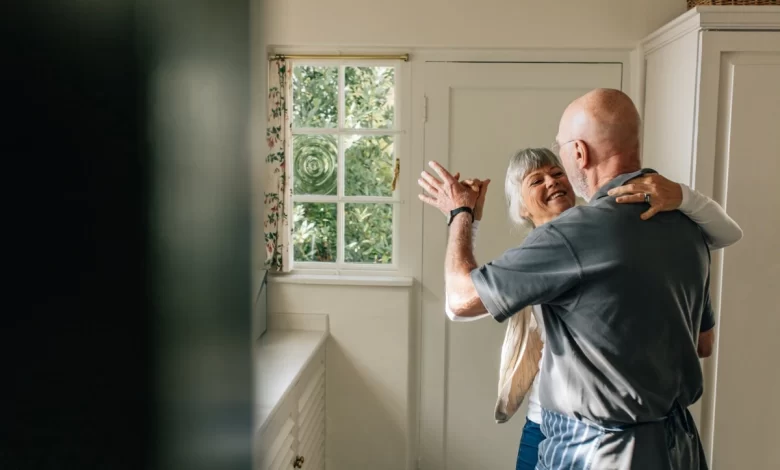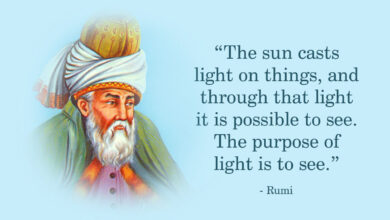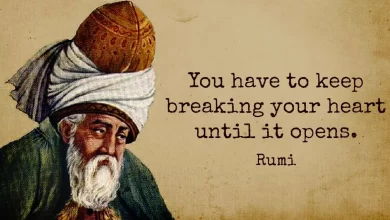
How to Make Love Last: The Best Relationship Advice from 45 Years of Marriage
WHEN WE WERE first falling in love, Marc went to his parents’ house one evening for some much needed relationship advice. The advice they gave Marc that evening was truly wise, but even more important was the family ritual born that day. Every year since—now nineteen years and counting—Marc has pestered his parents (they love it) on their wedding anniversary and asked them for a new relationship tip or two, and he records their advice in his journal. Here we want to share a cleaned-up version of Marc’s parents’ relationship tips. These are the little things they do—the rituals—that have helped their relationship last for forty-five years and counting. Perhaps you will find as much value in their wisdom as Angel and I have.
1. Stand strong on your own first.
As we mentioned earlier in this book, if your happiness is dependent on the constant validation and approval of your partner, then you are giving away far too much of your power. It’s human nature to want to be loved and admired, to want to be included, but it’s damaging to your self-esteem and emotional strength if it’s something you have to constantly beg for. The key is to nurture your own inner strength, then bring it into your relationship. Again, think of your relationship as a home you live in. Whether you like your home or not doesn’t depend on how the furniture is arranged; it’s how you arrange your mind. You have to decide to love yourself in it and then radiate this inner love outward. Remember that all the love and validation you need is yours to give yourself. So the next time you feel pressured to be a people pleaser, try taking a deep breath and reminding yourself that you don’t owe anyone your constant justification—not even your partner. Revel in the reality that you get to choose. You have the authority to decide how to spend your time and energy. And here’s the real beauty of it: When you don’t owe anyone anything—when you’re self-reliant—you’re free to give and receive love from the heart, without baggage. Come from this place of wholeness, of inner strength and independence, and then love your partner. Not because you need them to love you back, not because you’re desperate to be needed, but because loving them is a miraculous thing to do.
2. Maintain a solid foundation of mutual acceptance.
Above all, acceptance means two people agree to disagree with each other on some things, and they’re perfectly okay with it. Differences of opinion, even major ones, don’t destroy relationships—it’s how people in a relationship deal with their inevitable differences that counts. You won’t always see things eye to eye, and that’s okay. Sometimes you just need to choose to be wrong, not because you really are wrong, but because you value your relationship more than you value your pride.
3. Face disagreements openly and with positive language.
When disagreements in a relationship arise, the easiest thing to do is to run away, especially if you’re not a confrontational person by nature. But you have to catch yourself, because this isn’t just about you and whether or not you feel like dealing with your differences. It’s about what your relationship needs in order to grow and thrive in the long run. You have to put your relationship’s needs ahead of your own sometimes. Both people must be committed to dealing with disagreements openly, because running from them will only make matters more difficult to deal with down the road.
4. Seek, support, and accept personal growth in each other’s lives.
You know how to tell if something is alive and well? You look for evidence of growth. Healthy lifelong relationships contain two people who are committed to lifelong learning and growth. They’re curious about things. They’re keen to learn from the world and from each other. And because of their love for learning, they afford each other the freedom to develop as individuals within the relationship. Marc’s parents have seen many unhappy relationships that were caused primarily by one or both people being stubbornly clingy. In a nutshell, these stubbornly clingy people didn’t want their friends or partners to change. But here’s the simple truth: Change is a part of the universe, and human beings are no exception. If you want to have a successful relationship, you’ve got to embrace personal growth, and all the changes that come with it, with open arms.
5. Let love be a daily practice.
This final point encompasses the previous four, and then some. In a healthy long-term relationship, two people love each other more than they need each other. Because of this, the relationship itself becomes a safe haven to practice love. And love, ultimately, is a practice—a daily rehearsal of honesty, presence, communication, acceptance, forgiveness, and heartfelt patience. Sadly, too often we forget the practicing part, and we default instead to treating love like it’s a guaranteed destination we can jump to whenever we have time. We want to arrive at that “perfect” loving feeling in a relationship without putting in the work. And when it doesn’t work out that way, we assume the relationship itself is broken. But this is missing the whole point of a relationship—and the whole point of love. Again, love is a practice. It’s showing up for all the unexpected and inconvenient moments of a relationship, taking a deep breath, and asking yourself, “What part of love needs to be practiced here?” The answer will vary from one encounter to the next, in a continuous stream of tenderness, affection, and wisdom you could never have dreamed of or perfectly planned for upfront.
Afterthoughts We have been together for nearly two decades now—we’ve been through a lot together—and we love each other more and more with each passing day. And we are convinced the relationship advice above is the reason why. It’s some of the best, most practical, and hard-won relationship advice there is. Talk to any set of grandparents—like Marc’s parents—whose relationship has withstood the tests of time, and they will tell you that the best relationships are not just about the good times you share. They’re also about the obstacles you go through together, the disagreements you compromise on, and the fact that you still say “I love you” in the end. And loving someone isn’t just about saying it every day; it’s about showing it every day through actions and behaviors, even when you and your partner aren’t seeing things eye to eye.







